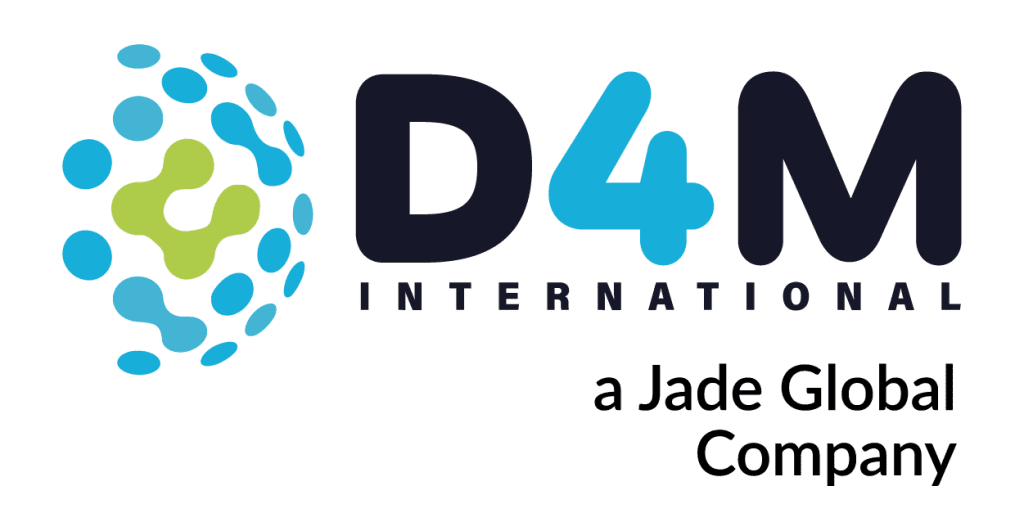Data, Speed, and AI: The Game-Changers Shaping the Future of Industry
About the Interview
In the past, we either lacked good data or had an abundance of it without an efficient way to use it. Many people view digital transformation as a recent development, but the reality is that it has been evolving for over three decades. One of its key promises is the abundance of data it provides, yet understanding how to leverage it effectively remains a challenge. In this interview, we speak with D4M’s CEO Chuck Stahl, COO Jean-Yves Durocher, and Senior Account Executive Alan Roy about the origins of the ‘need for speed’ in manufacturing data and how it aligns with today’s AI-driven data trends.
The team explains that, as part of the digital transformation process, many companies are adopting real-time monitoring due to the availability of sensors that provide insights into production processes and customer orders. Additionally, there is a growing trend toward making data-driven decisions based on a broader range of data, enabling more finely tuned choices. While digital transformation is currently reshaping various industries, its foundation remains the ability to process data from multiple sources. The team emphasizes that, regardless of the industry—whether manufacturing, banking, or insurance—successful operations depend on highly integrated processes for collecting timely, quality data. In Chuck’s words, “One piece of wisdom I could give to someone watching this video is to focus on getting your data right and breaking it down by use case.”
To conclude, the team highlights that AI is the technology that brings this process to the forefront, as it will likely process data from many sources. Today, we can process both structured and unstructured data, which ultimately supports the AI-driven future of industries. So, all this comes down to the top of the pyramid, which is AI.






